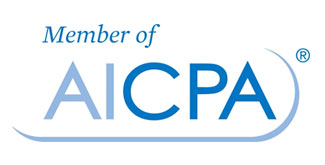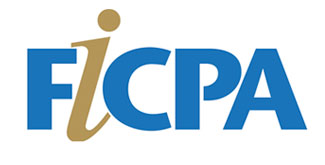Correspondence from the Internal Revenue Service (IRS) can produce a fright in the recipient, but there’s usually no cause for alarm. The most frequent letter sent by the IRS is the CP2000 notice. Its purpose is simply to convey proposed changes to a tax return.
How to Read the Notice
Every CP2000 notice itemizes the details for a proposed change and states the tax liability impact. Sometimes, no additional tax is owed. Many notices do not require a response to the IRS. Even when a payment is required, you need to return only the signature page along with a check if you agree with the changes.
If the notice indicates that some income was omitted from your return, you must determine if you really received the income and whether you conveyed it for preparation of your return. If you disagree with the IRS notice, you should obtain representation to assist in preparing a response.
Types of Responses
If the notice is correct, all that’s required is signing and returning it with a payment but be careful. If you sign and return the notice, you have agreed to the changes and are no longer entitled to dispute the IRS’ assertions.
You might disagree with some, or all, of the proposed changes described in a CP2000 notice. In either case, you need documentation to support any dispute. This is where professional representation can be helpful. Depending upon the nature of the income, you may have certain expenses to deduct against the IRS’ assessment.
Act Quickly but Carefully
The IRS reviews responses to a CP2000 and issues a new notice if there’s a correction in the tax assessment. When the IRS does not approve any changes to the original CP2000, a notice of tax owed is sent. After that, there’s no recourse other than paying the tax or petitioning the United States Tax Court. Lately, it has taken the IRS many months to resolve taxpayer responses to CP2000 notices. You may receive multiple notices of tax due and/or extensions of time to resolve from the IRS.
As unfair as this may seem, a taxpayer is normally given 30 days to reply to a CP2000 notice. An extension for more time is customarily granted when you are preparing documentation for a response or an amended tax return.
Contact us if you have a question about this subject.


